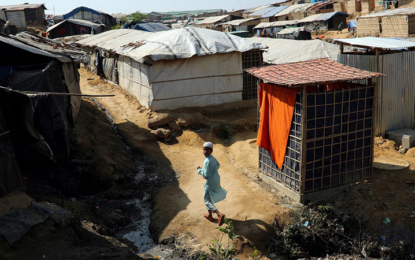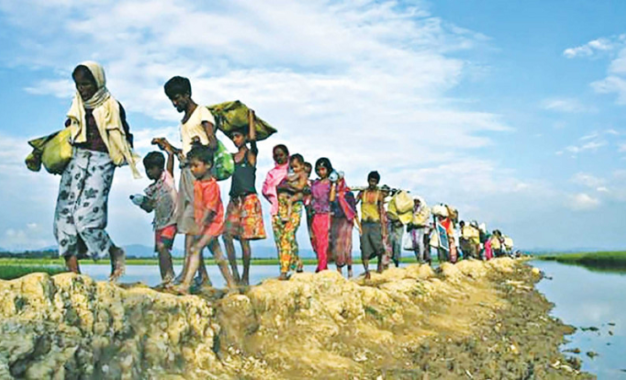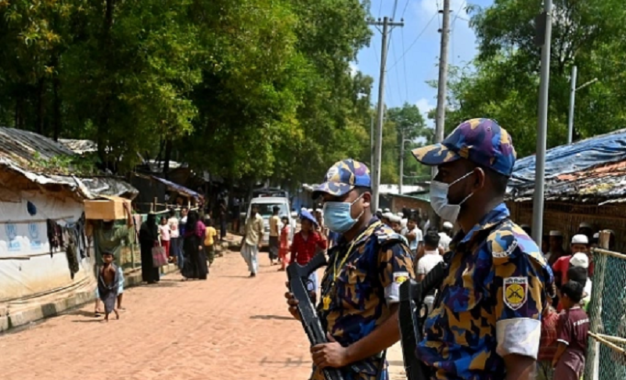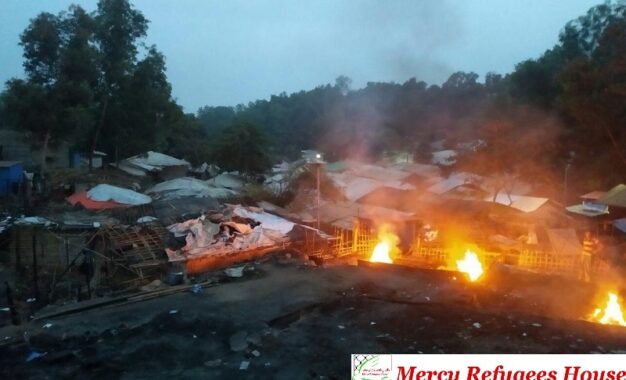Latest News
If Rohingya must be moved, Bangladesh has to allay fears
Bangladesh, Help Refugees, Human Rights, Myanmar, Refugees Issues, Religious Rights, Turkey
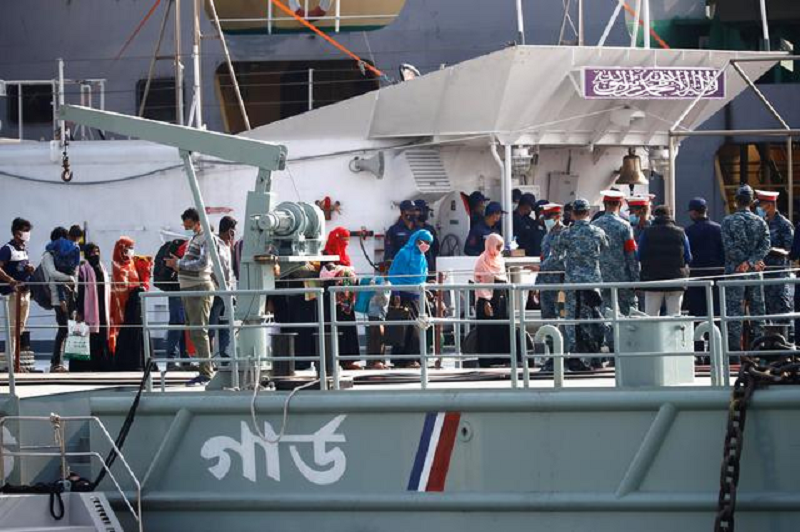
The government of Bangladesh has begun moving thousands of Rohingya refugees from Cox’s Bazar, near the border with Myanmar, to Bhasan Char, a silt island in the Bay of Bengal. This is deeply regrettable.
We must understand why the government of Bangladesh feels it needs to do this. Cox’s Bazar is struggling under the weight of more than 1 million refugees and the humanitarian infrastructure in the area is hopelessly overwhelmed, even after three years of development. Between those concerns, and extra concerns about the geological stability of the site (the government refers to a high risk of landslides), it does seem unlikely that the area around Cox’s Bazar can sustain 1 million-plus people on a long-term basis.
And now the government of Bangladesh is expecting that it will need to manage the Rohingya refugee situation on a long-term basis. For three years, it chose to hope against hope that some sort of settlement could be struck with Myanmar, whereby the Rohingya could return to their native lands relatively soon. But, in recent months, Dhaka finally seems to have acknowledged the reality that Myanmar has not been negotiating in good faith. This change in stance was signaled last month, when Bangladesh donated to the legal effort against Myanmar on behalf of the Rohingya, which is being led by The Gambia at the International Court of Justice.
Moreover, Bangladesh has been looking to ease the pressure on Cox’s Bazar for some time and has invested more than $300 million into building facilities on Bhasan Char that are of a far higher quality than anything that can be found in Cox’s Bazar. The notion that the Rohingya will need to be settled in other areas is not problematic in and of itself.
Amazon Sponsorship
Recent Posts
Jul 29, 2023
It has been close to six years since hundreds of thousands of Rohingya faced a deadly genocide by Myanmar’s military and fled the country in search of protection and refuge in neighbouring Bangladesh. The Rohingya population has been undergoing persecution, discrimination, arbitrary arrests, and atrocities in Myanmar for over seven decades. Their condition is alarmingly […]


